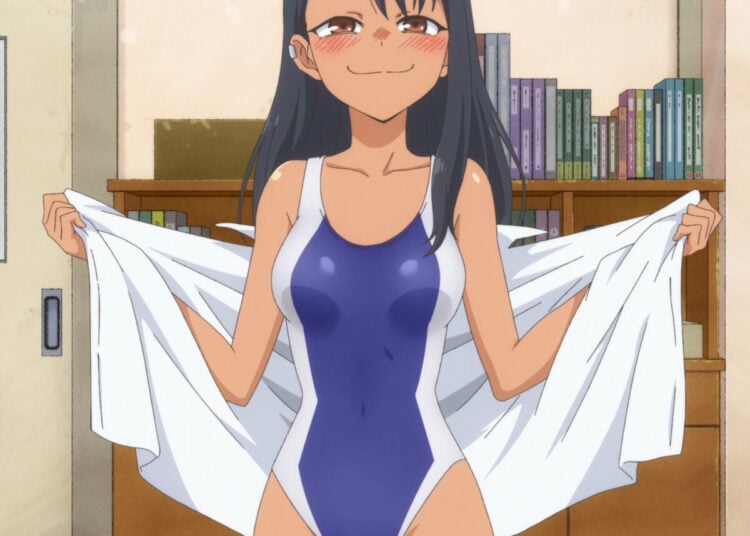Over the last couple of months, I have been reliving my youth by re-watching the original Japanese program Iron Chef on the streaming platform Peacock. I first discovered Iron Chef many years ago when I was still in my late teens. While I’m no chef myself, this Japanese competitive cooking show has always fascinated me.
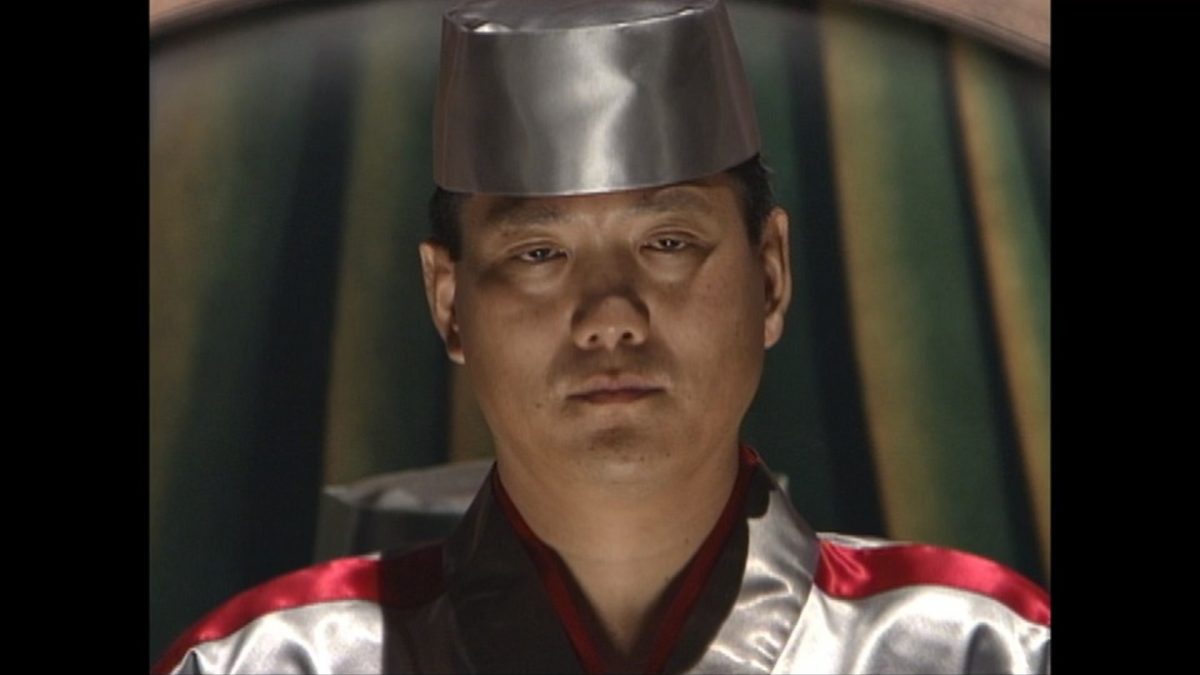
In this series, there are four Iron Chefs who specialize in different fields of cooking: French, Chinese, Japanese, and Italian. Every episode, one of these chefs is chosen by a challenger from somewhere around the world (usually Japan, but there were some notable gaijin challengers along the way) and after the secret theme ingredient is revealed, both chefs have 60 minutes to come up with different dishes that incorporate the ingredient and yes, it is very much as hard as it sounds.
When I was younger, one chef in particular (the third Iron Chef Japanese) named Masaharu Morimoto captivated me. As someone who had found success outside of Japan by becoming the head chef at the New York restaurant Nobu, Morimoto was labeled as specializing in “Neo-Japanese” cuisine and earned many victories in Kitchen Stadium.
At the time, I was never able to properly identify why I liked Iron Chef Morimoto so much and even many years later, as I re-watched the episodes, I could still never quite put my finger on what it was about this person that stuck out so much. It wasn’t until I got through the first debut season of Morimoto’s that I realized why he resonated with me so much; much like me, Morimoto is a square peg person in a round hole world, and seeing him work his magic in Kitchen Stadium was refreshing.
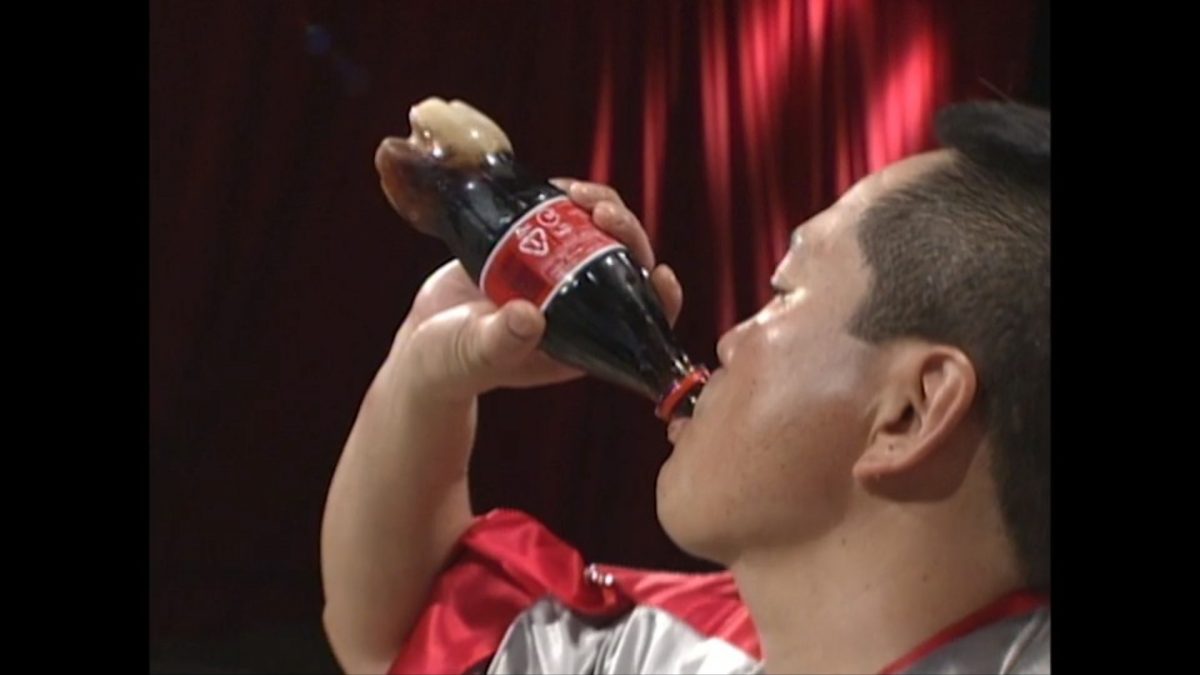
In his first season, Morimoto is not instantly popular with challenging chefs. In the Bamboo Shoots episode, a challenger refers to him as an “ex-pat G.I. Joe” as they are cooking. Meanwhile, in the Giant Eel episode, the challenger is quoted as saying “Iron Chef Japanese, HA! He doesn’t qualify as a Japanese chef. He makes a lot of weird dishes and I don’t like him using the title.” No matter what insult or barb was thrown his way, however, Morimoto kept on cooking his own way while creating unique dishes that, as the show’s introduction says, can be called true works of art. That spoke to me.
I’ve been a professional anime journalist for almost seventeen years now and I’ve had a few hateful comments thrown my way over the years, but I chose to keep on trucking forward much as Morimoto did. Even in the face of an entire faction known as the Ohta Faction, who marched into Kitchen Stadium multiple times to embarrass Morimoto on worldwide television, he didn’t back down from being true to himself and doing things his own way.
Throughout my career, I’ve had to learn how to do things the hard way multiple times. There have been constant bouts of trial and error, along with some serious growing pains. It’s possible though that, had I not seen Iron Chef Morimoto in my early years, struggling against the odds as the Ohta Faction sent in hitman after hitman to take him down, I wouldn’t have been as inspired to keep pushing myself forward towards my goals and dreams.
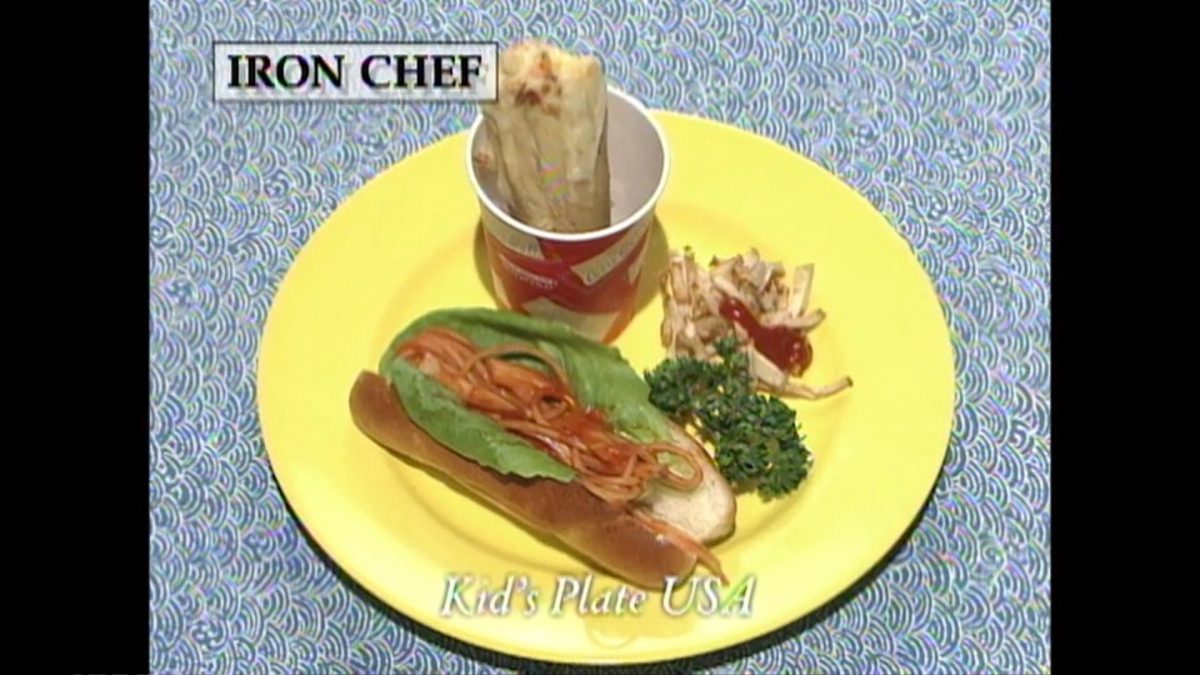
In every single one of these battles, Morimoto went in as the underdog and had to win over the tasting panel with his unique dishes. Sometimes he created surprises that pleased their palettes and sometimes, such as in the case of his Kid’s Style plate in the previously mentioned Bamboo Shoots episode, he failed to please the tasters but he was always willing to push the boundaries of what was considered acceptable in his field. I like to think that in some ways, I’ve done similarly with my original works in the years since I first started down this path.
Iron Chef Morimoto is a square peg. He doesn’t always fit in the traditional round mold, but he succeeded because he always did things his own way. As I mentioned earlier, I’m not a chef. I’m actually a disaster in the kitchen. Despite this, Masaharu Morimoto continues to inspire me to this day with his willingness to do things differently. He’s let no one tell him he couldn’t do something just because “that’s not how it’s done”, but blazed his own trail forward in the world of food, much as I did in the world of anime.
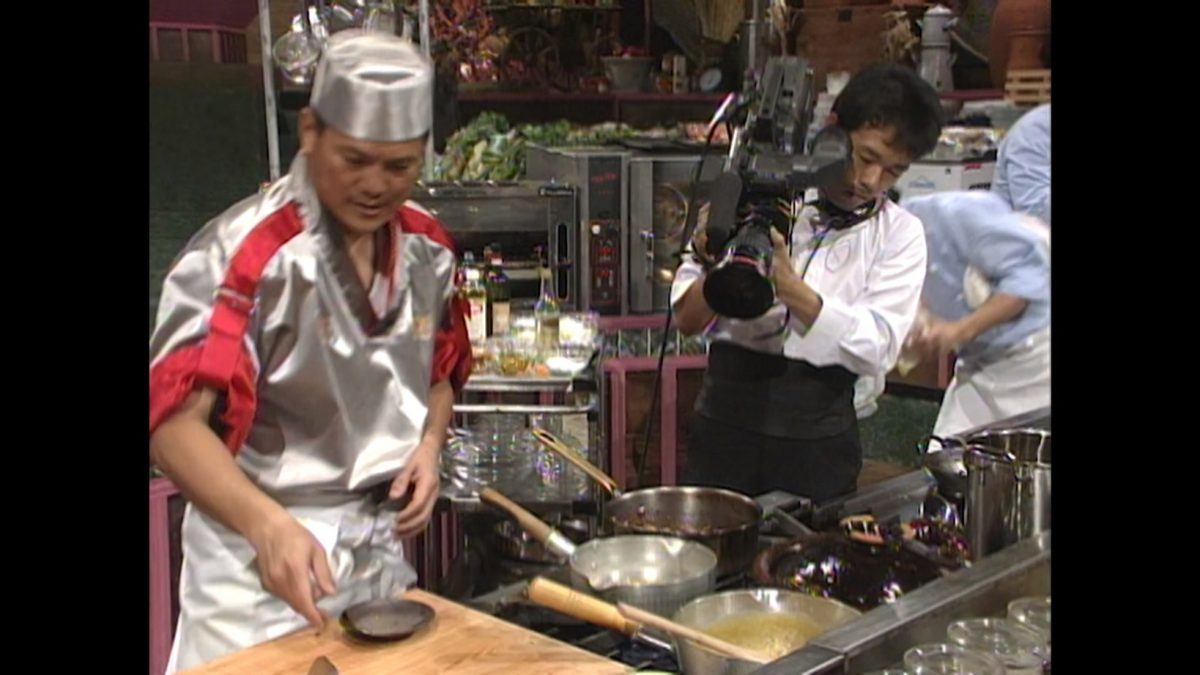
While I’ll likely never get to say thank you to Morimoto for reaching through the television screen and giving me the secret to success in life, I can still show gratitude in my own way by continuing to live my life in the same way he exemplified: making my own path forward rather than following the well-treaded path.


